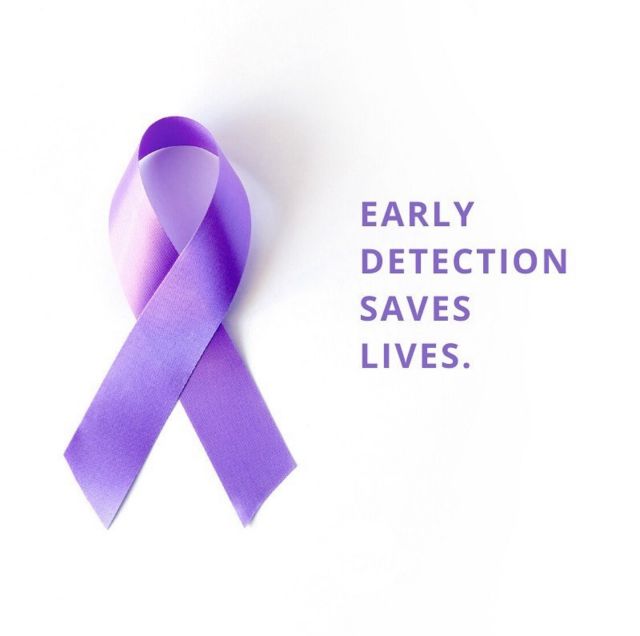The severity of pancreatic cancer and its late diagnosis are two reasons that make it a challenge for oncologists. Researchers continue to explore the complexity of this disease, and are asking questions about its etiology as well as genetic predispositions. They also ask about ways to prevent it and the assistance the pancreatic cancer foundations provide.

Pancreatic cancer can be genetic.
The genetic cause of pancreatic cancer is one of the most common concerns. A subset of pancreatic cases have been linked to genetic mutations. The majority of cases of pancreatic carcinoma are thought to be sporadic (meaning they don’t appear to be hereditary) However, a few percent of cases may be hereditary. Certain genetic syndromes, like mole melanoma that is atypically familial, Lynch syndrome and hereditary melanoma are associated with an increased risk of developing pancreatic carcinoma. Gene mutations like BRCA1, BRCA2, PALB2, ATM, and others are also linked to the development of familial pancreas-related cases. Understanding the genetics that cause pancreatic cancer does not just shed more light on its causes as well as aids in screening and risk assessment for high-risk people.
Preventing Pancreatic Cancer
In light of the often grim outlook associated with pancreatic cancer, it’s essential to take measures to avoid the onset. Although certain aspects like gender, race, age, and family background cannot be controlled but we can make lifestyle changes to lower the risk. The cessation of smoking and keeping an ideal weight, restricting the consumption of alcohol, and following a diet rich in vegetables, fruits, and whole grains have all been linked with a decreased chance of developing pancreatic cancer. Furthermore, individuals with an ancestral history of pancreatic cancer or predispositions to genetic disease may benefit from genetic counseling and testing to determine the risk of developing it and provide preventive strategies. Pancreatic Cancer is preventable and its outcomes improved through addressing risks that are modifiable and promoting early detection surveillance of the high-risk population. For more information, click Pancreatic cancer charity
Pancreatic Cancer: Causes and Treatment
Understanding the primary reasons for pancreatic cancer is crucial in determining effective strategies for prevention and intervention. The mechanisms that cause pancreatic carcinogenesis remain unclear However, several risks are known. Smoking cigarettes is among the major risk factors associated with pancreatic cancer, accounting approximately 20-30%. Pancreatic inflammation, also known as chronic pancreatitis (a condition which causes inflammation of the pancreas), has been connected to pancreatic cancer. Additionally, obesity, diabetes, and certain dietary elements like red or processed meat consumption are linked to an increased risk of developing pancreatic cancer. Pancreatic cancer risk can be reduced by addressing important risk factors, as well as adopting specific preventive measures.
Pancreatic Cancer Charity – A source of Support
It is difficult to understate the importance of pancreatic cancer charities given the multitude of challenges pancreatic tumors bring. These organizations are invaluable resources that provide aid, education, and support to patients, caregivers and healthcare professionals. Pancreatic cancer charities provide a wide range of options, such as financial assistance in the form of support groups, informational resources, and access to clinical trial. They also play a pivotal part in spreading awareness about pancreatic cancer, encouraging the early detection of pancreatic cancer, and advocating for more research funding and improved patient care. Pancreatic cancer charities strive to make a major impact on fighting this cancer by encouraging collaboration and community involvement.
Finding the Landscape of Pancreatic Cancer
The pancreatic cancer presents a multifaceted challenge that requires a holistic approach that incorporates genetic knowledge, prevention strategies, and support services provided by Pancreatic cancer charity. In order to prevent pancreatic cancers, the emphasis is on the possibility of modifying risk factors and the detection early of those at high risk. Through addressing the root causes of pancreatic cancer and leveraging the resources offered by pancreatic cancer charity organizations, strides can be made towards improving outcomes and ultimately reducing the burden of this disease. As research continues to advance and awareness rises there is hope for a brighter future in the fight against pancreatic cancer.